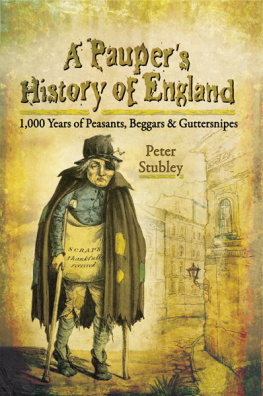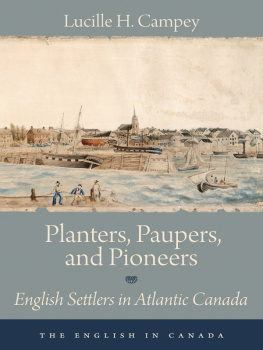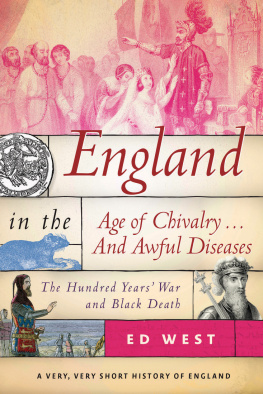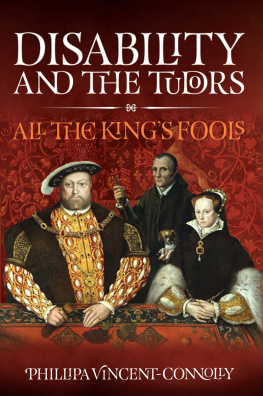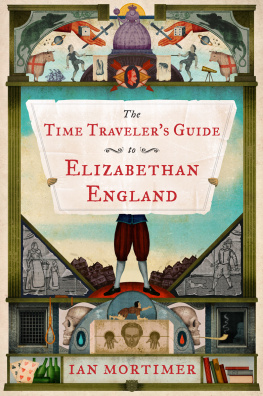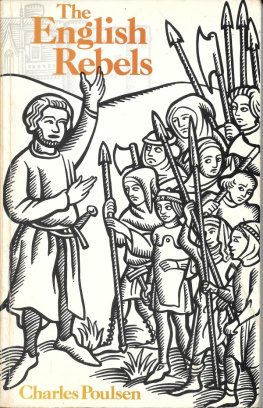First published in Great Britain in 2015 by
PEN AND SWORD HISTORY
an imprint of
Pen and Sword Books Ltd
47 Church Street
Barnsley
South Yorkshire S70 2AS
Copyright Peter Stubley, 2015
ISBN: 978 1 78337 611 7
PDF ISBN: 978 1 47387 162 5
EPUB ISBN: 978 1 47387 161 8
PRC ISBN: 978 1 47387 160 1
The right of Peter Stubley to be identified as the author of this work has been asserted by him in accordance with the Copyright, Designs and Patents Act 1988.
A CIP record for this book is available from the British Library
All rights reserved. No part of this book may be reproduced or transmitted in any form or by any means, electronic or mechanical including photocopying, recording or by any information storage and retrieval system, without permission from the Publisher in writing.
Printed and bound in England
by CPI Group (UK) Ltd, Croydon, CR0 4YY
Typeset in Times New Roman by
CHIC GRAPHICS
Pen & Sword Books Ltd incorporates the imprints of Pen & Sword Archaeology, Atlas, Aviation, Battleground, Discovery, Family History, History, Maritime, Military, Naval, Politics, Railways, Select, Social History, Transport, True Crime, Claymore Press, Frontline Books, Leo Cooper, Praetorian Press, Remember When, Seaforth Publishing and Wharncliffe.
For a complete list of Pen and Sword titles please contact
Pen and Sword Books Limited
47 Church Street, Barnsley, South Yorkshire, S70 2AS, England
E-mail:
Website: www.pen-and-sword.co.uk
Contents
List of Plates
Introduction
The word pauper (from the Latin, meaning poor) is rarely used today. For most people it conjures up scenes from the Victorian workhouse and Charles Dickens Oliver Twist; a toothless, raggedy old man stumbling on the treadmill or a hungry, barefooted orphan boy begging for more gruel. It appears to have entered the English language in the early sixteenth century via a legal phrase relating to those unable to pay for their legal fees in court. Using this definition, a pauper is anybody who depends on charity or aid.
In this book the pauper takes centre stage in English History. Kings and Queens are shunted off to the wings along with Prime Ministers and Archbishops. Tales of swashbuckling adventure, military triumph and political chicanery are replaced with the grim details of life in the gutter. There will be filth and foul odours, death and disease, begging and scavenging, Gin-drinking and rioting. There will be monks, crooks and con-artists, buskers, sex workers, immigrants and slaves.
Our story begins in Medieval England when the vast majority of the population were peasants working the land in conditions of nearslavery ().
The Elizabethan Age also saw the introduction of the Poor Law ().
On the edges of the pauper class were those who scraped a living in the city by busking, selling flowers and trinkets, sweeping road-crossings, and prostitution (). Most were looked upon as vagrants of one form or another and faced being hauled into court and shipped off to prison.
Some light relief is provided by the popular amusements to be found at St Bartholomews Fair staged outside the hospital for the poor ().
Where possible, the paupers of this book speak in their own words or at least the words attributed to them in contemporary sources (details are given at the end of the book). This is obviously more difficult in the earlier chapters, which have to rely on sources such as the Domesday Book, historical accounts by the literate and wealthy classes, court reports, poems and other works of literature which may or may not be based on fact. In the seventeenth and eighteenth centuries we start to see the first examples of what we might now call investigative journalism with accounts of visits to asylums and workhouses (even if they are written to entertain rather than inform). By the nineteenth century newspapers were full of factual reports and undercover exposes and in the 1880s it became fashionable for the upper classes to go slumming for themselves in the East End of London.
In some ways this book resembles a slumming tour through the last 1,000 years of English History. It attempts to insert the reader into the action rather than simply describe events. In some episodes this involves taking the role of a visitor to an insane asylum or a journalist investigating a workhouse casual ward. In others it means imagining we are travelling through Norman England, donning the robes of a Franciscan monk or taking part in the Peasants Revolt. The idea behind this approach is to get a better insight to a paupers life between 1066 and the beginning of the Welfare State in the early twentieth century. Some of the issues raised remain just as relevant today.
CHAPTER 1
Domesday
In which we journey through Norman England from Winchester to Gloucester twenty years after the Battle of Hastings
The ceremony begins. In the middle of the marketplace a slave stands before his lord, the man who owns his body and controls where he lives, works and sleeps. In one hand the slave holds the symbol of his bondage; a sickle used to harvest the crops, a goad for prodding the cattle, or some other farming tool. In the other hand he holds 30 pence in coin. This is the price of his freedom, the literal value of his skin. Once the money is handed over to his lord in the presence of suitable witnesses, the slave puts down his tool and takes up a sword, a lance or another symbol of his new status. He is no longer a slave. He is now a freeman.
Slavery has been part of English life for centuries. It existed before the Roman invasion. It continued under the Anglo-Saxon kings. And while the custom is gradually dying out, there are still many slaves living under our new Norman rulers. The survey being carried out throughout this year (AD 1086) will show that there are more than 25,000 slaves among the 268,863 people counted. Although the survey does not include family members and the inhabitants of the major cities of London and Winchester, it suggests that slaves account for as much as 10 per cent of the total population of England (guessed to be around two million). Most appear to work as ploughmen or household servants. They may have been born into slavery, or taken captive during a raid or war. They may have been enslaved as a punishment for a crime. They may have been sold into slavery by their poor families or even volunteered themselves as a last resort.
Slavery may be dying out slowly but many of the peasant classes above them are hardly free. Most are required to pay rent and work a set amount for their landlord before they can produce anything for themselves. Just like the slave, they are punished if they attempt to run away or move without consent of their lord. Under Anglo-Saxon law if a captured fugitive cannot pay his lord 60 shillings then he becomes a slave. The penalty for killing your lord is to be tortured, scalped or disembowelled (or a combination of all three).
The largest group among the peasantry are the un-free villeins (40 per cent of the population) who on average have 30 acres of land and two plough oxen. Next come the poorer bordars (30 per cent) and cottars or cottagers who generally own between one and five acres of land, just enough to feed their family. For them an ox would be a luxury.
Freemen (14 per cent of the population) are mainly found in the Viking-influenced north and own an average of 30 acres and two oxen. They are mostly rent-paying tenant farmers who do not have to perform extra duties for the lord of the manor. Some may be better off than the villein but others suffer a wretched and miserable life. It is thought their numbers are decreasing as the Normans impose their rule upon the country.
The most significant change brought about by the invasion was the replacement of Anglo-Saxon nobles with Norman ones. It is argued that the rest of society remains much the same and is divided into three sections; those who pray, those who fight, and those who work. At the top is King William, followed by his lords and the chiefs who hold the land in his name. At the bottom are the peasants who work on the land and make up 95 per cent of the population. If a person has no land to work and no lord then he is found one.
Next page
